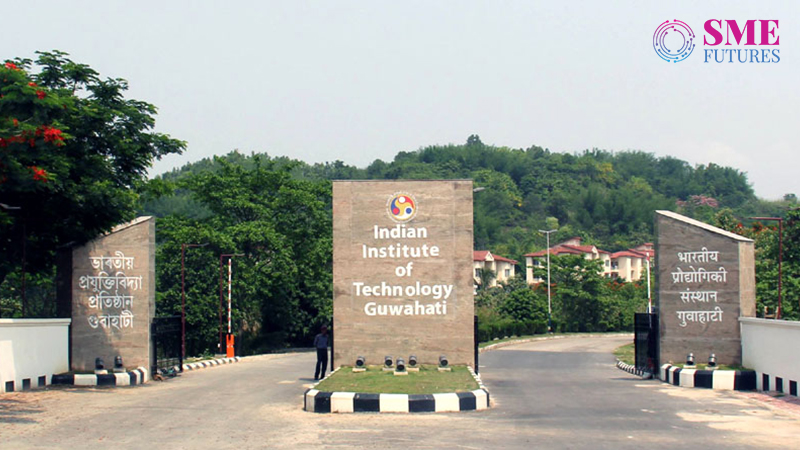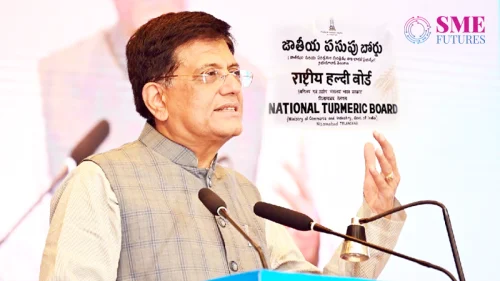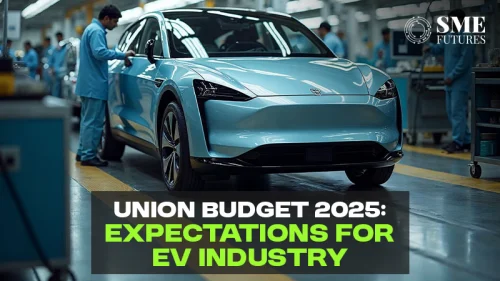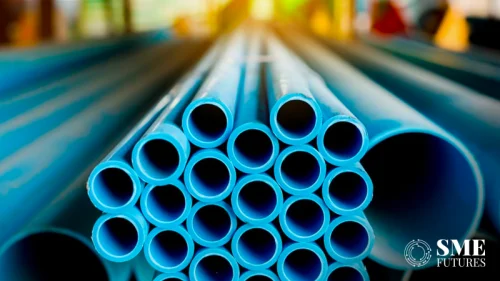The Indian Institute of Technology Guwahati (IITG) incubated Startup Beta Tank Robotics, which has developed two robotic solutions that efficiently maintain and clean petroleum tanks, eliminating the need for human entry for this hazardous task.
These robots are a valuable addition to the oil industry, making it safer, more cost-effective, and environmentally responsible.
Beta Tank Robotics (BetaTANK) has been incubated at the IITG Technology Incubation Centre (IITG-TIC) in the year 2019. It has been funded under the Flagship Programme-Start-up India Fund ‘Startup Nurturing, Enabling, and Handholding (SNEH)’ of OIL India Limited.
Robots have a huge application in the oil and natural gas industry, particularly in situations where human entry poses significant risks.
Major oil corporations encounter potential liabilities and reputational hazards when engaging in human entry into petroleum tanks. The robots developed by Beta Tank help mitigate such risks and expedite turnarounds and downtimes.
Currently, BetaTank has developed the following two solutions: first, a robot to clean crude oil tank bottom sludge. These robots sweep tank-bottom sludge and pump it to a receptacle outside
the tank.
Secondly, a robot is to wash and strip retail outlet petrol pump tanks. These robots move inside the tank, raise their arms, spread their arms, and water-wash the tanks, including stripping the washings. This makes the gas-freeing of these tanks easy, risk-free, and fairly quick.
Prof. Senthilmurugan, Chairperson of the IITG Technology Incubation Centre (IITG-TIC), said, “BetaTANK Robotics’ journey, which began at our incubation centre in 2019, sets a shining example for what passion, innovation, and the right support network can accomplish.” Their success is not only a reflection of their individual brilliance but a testament to the power of the ecosystem we have tirelessly built at IITG-TIC. To
fuel the next growth phase, we are actively facilitating crucial investments by engaging in strategic partnerships with esteemed investors aligned with IITG-TIC,” Prof. Senthilmurugan said.
“Our startups, including BetaTank, enjoy a well-rounded mentorship programme that includes wisdom from respected IITG faculty, insights from our accomplished alumni, and handson expertise from industry stalwarts at OIL India Limited,” he added.
Speaking about the crude oil robots, Captain D. Chandrasekhar, founder of BetaTANK, said, “I planned to make this robot in 1995, when, as a ship’s officer, I myself was inside the ship’s oil tanks, overseeing some tank operations. I believed a robotic solution was the way to work in such an environment.
That dream could not be realised for almost 3 decades—until 2019 when M/s OIL offered incubation and financial support to make this robot.” Captain Chandrasekhar was very confident in the technological superiority of this robot and shared that these are very compact and low-height robots that enable the robot to pass under the heating coils that are found in many tanks. The robot has a pump. The promoter has a firm belief that such thick sludge must use pump discharge pressure to move sludge over
long distances, and this cannot be sucked out by a vacuum truck from outside. The umbilicals are neatly contained inside a ‘tail hose’ on castors. When working in such large tanks, hauling the heavy umbilicals is an issue to be catered to.
Prof. Uday Shanker Dixit, Department of Mechanical Engineering, IIT Guwahati, and Mentor of BetaTank, said, “In the era of Industry 4.0, Captain D Chandrasekhar has taken a great initiative in developing robot-based solutions for cleaning oil tanks. Tank oil cleaning falls under the category of dull, dirty, and dangerous jobs, which can now be handed over to robots. Now, the human operator needs only to monitor the cleaning operation from the outside without getting exposed to hazardous chemicals.”
‘‘Although the products have been developed for the oil industry, with slight modifications, the same technology can be adopted for the cleaning of chemical tanks, sewage treatment plants, food processing tanks, etc. Compared to competitive products on the market, the price of products developed by
BetaTank will be much lower, with several additional positive features. I am glad that BetaTank has become a role model for the Make-in-India mission by developing such innovative and
high-technology products,” he said.
Currently, the robots are undergoing stringent safety inspections to work in IECX/ATEX Zone 0, the most stringent standard in the petroleum industry. BetaTANK won the Best Start-up Award at the India Energy Week Summit in Bengaluru in February 2023. The company has received numerous requests for various oil industry robotic applications from various petroleum industry players since this summit and has been working on these applications.











